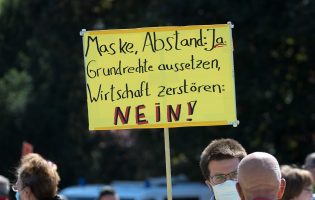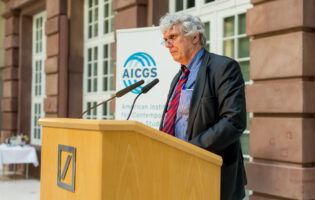
Russia’s Invasion of Ukraine. Economic Challenges, Embargo Issues and a New Global Economic Order
Review of Paul J.J. Welfens’ Book The Russian invasion of Ukraine followed by—at the time of writing this review—21 months of a fierce and, from the Russian side, inhumanly-led war …
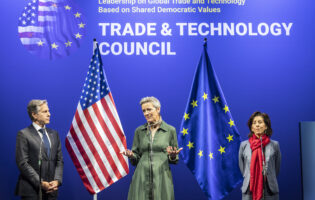
Transatlantic Cooperation vs. Tech Nationalism
Values and Standards in the New Systemic Competition It is widely accepted that the ability to set technological standards is a prerequisite for an economy’s success on the world markets; …
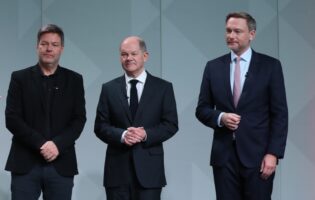
Back to Reason!
The Constitutional Court’s decision is an opportunity for a far-reaching political change. The Traffic Light Coalition should seize it. This article originally appeared in German in WirtschaftsWoche on November 25, …

Andreas Freytag, DAAD/AGI Research Fellow
AGI is pleased to welcome Dr. Andreas Freytag as a DAAD/AGI Research Fellow in October and November 2023. Dr. Andreas Freytag is Professor of Economics at the Friedrich-Schiller-University Jena, Honorary Professor …
Episode 66: Are the International Trading System and Globalization in Crisis?
On this episode of the podcast, AGI President Jeff Rathke and Peter Rashish, Director of the AGI Geoeconomics Program, discuss the ongoing challenges facing international trade, potential reforms to the …
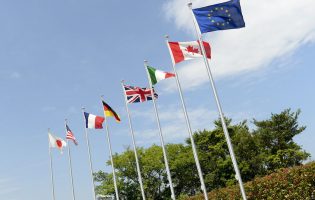
Unforeseen Challenge for Germany’s G7 Presidency: Time for a Comprehensive Perspective
The Problem of Thinking in Silos In January 2022, the German government published its policy priorities for the G7-Presidency of this year. They are sensible and well placed. In fact, …

The German Industry Strategy 2030: Inconsistent and Dangerous!
In March, the German Federal Minister for Economic Affairs and Energy, Peter Altmaier, presented the so-called National Industry Strategy 2030: Strategic guidelines for a German and European industrial policy (henceforth …

The Political Economy of Trade Balances: Too Simple to Understand!
The issue of bilateral trade balances between the United States (U.S.) and its trading partners (not enemies!) has dominated the discussion of transatlantic trade relations in the past 18 months. …
How can Europe help the Greeks?
Over 200 Billion Euros have been handed to Greece. Additional rescue funds will probably follow. Except: The government operates in a nepotistic way and the money doesn’t go to the …




